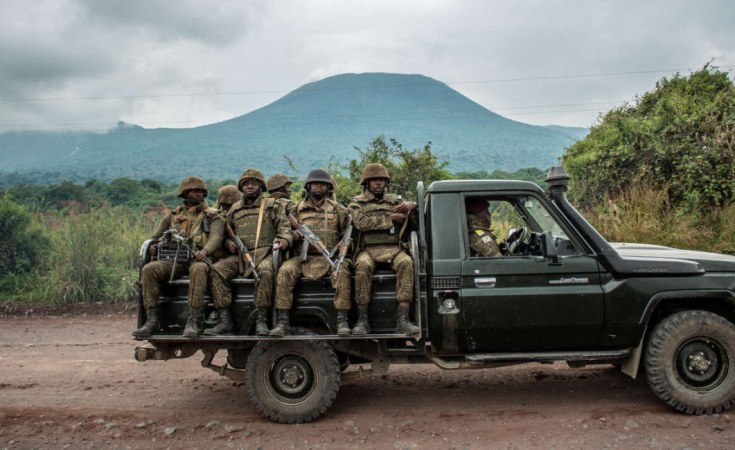Kinshasa — "Six humanitarian operators were killed and 11 kidnapped between January and June of this year, with upwards of 200 incidents which directly targeted humanitarian operators on the field", said Bruno Lemarquis, Deputy Special Representative in the United Nations Stabilization Mission in the Democratic Republic of the Congo (MONUSCO) - and UN Resident Coordinator to the DRC - in addressing the situation in North Kivu, in the east of the country.
To mark World Humanitarian Day, which falls today, August 19, Lemarquis recalled how the tragedy that has befallen this area of the DRC - which endures massacres, the forced displacement of millions of people, the killing of humanitarian personnel - is of little if any care to the international community.
"Despite the severity of the massacres and suffering endured by the local populations, the world is not sufficiently outraged by the catastrophic situation", he said. "The absence of collective indignation, this tolerance, deeply calls into question our humanity and our capacity to prevent and act against the systematic violence which decimates innocent lives. That is why I am referring to this crisis not just as one of the most neglected on Earth, but one of the most tolerated as well".
A crisis which continues to give rise to the exodus of thousands of people. "In the first half of 2024, in the DRC there were approximately 7.3 million displaced individuals. Which amounts to 400,000 more displaced since December 2023" the UN humanitarian coordinator states.
According to Lemarquis, the most targeted victims are women and girls, even female children, subjected to sexual assaults, within the scope of a bona fide criminal strategy of war to force the local population to flee their villages (see Fides 29/10/2007). In this context infectious diseases, such as cholera, measles and monkeypox, spread quickly and easily. Finally, one single piece of data summarizes, according to Lemarquis, the community's indifference before the tragedy of the eastern Congolese: "the Humanitarian Response plans for 2024 is only financed at 35%, which means that hundreds of thousands of vulnerable people are left behind".
In North Kivu, the main conflict is between the Congolese army, supported by a number of "self-defense" militias, and the M23 movement supported, in turn, by nearby Rwanda. However in this province, like in the neighbouring ones of South Kivu and Ituri, several hundred armed groups operate, including one that is jihadist in nature, the Allied Democratic Forces (ADF, see Fides 24/6/2023). Beyond the conflicts for ethnic and tribal reasons, there are political and economic grounds which fuel the instability of eastern DRC. Beginning with the exploitation of the area's vast natural resources - from timber to coltan, from gold to tin - on part, to some degree, of all the warring factions (see Fides 26/1/2023 and Fides 1/2/2023).


